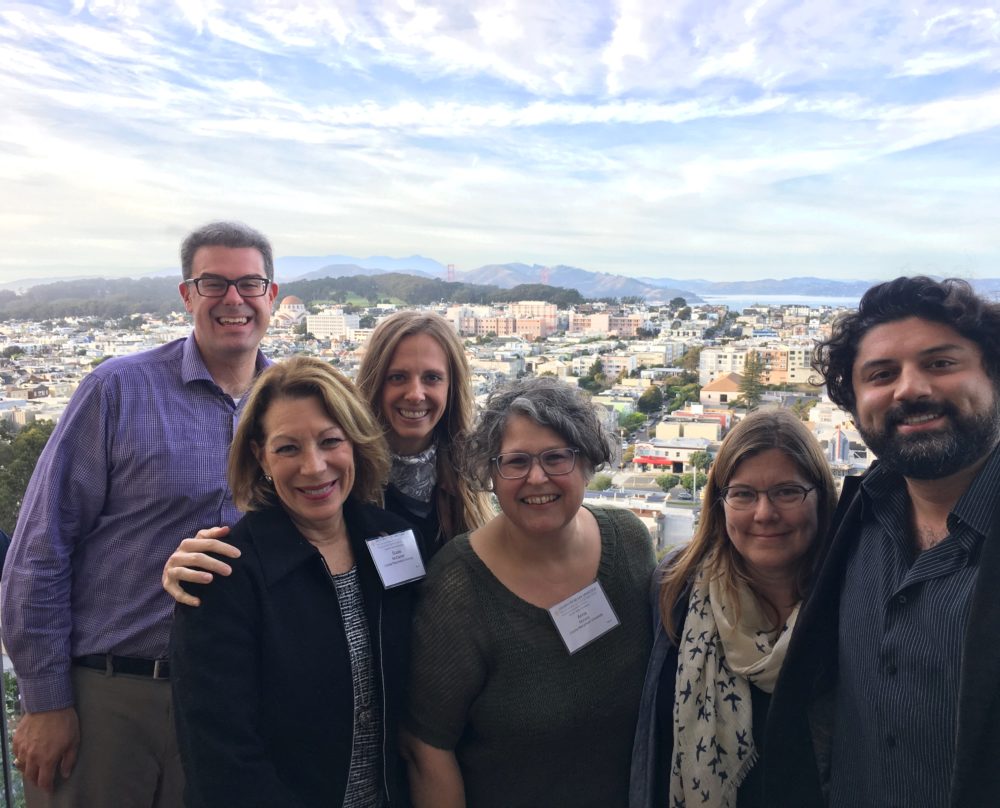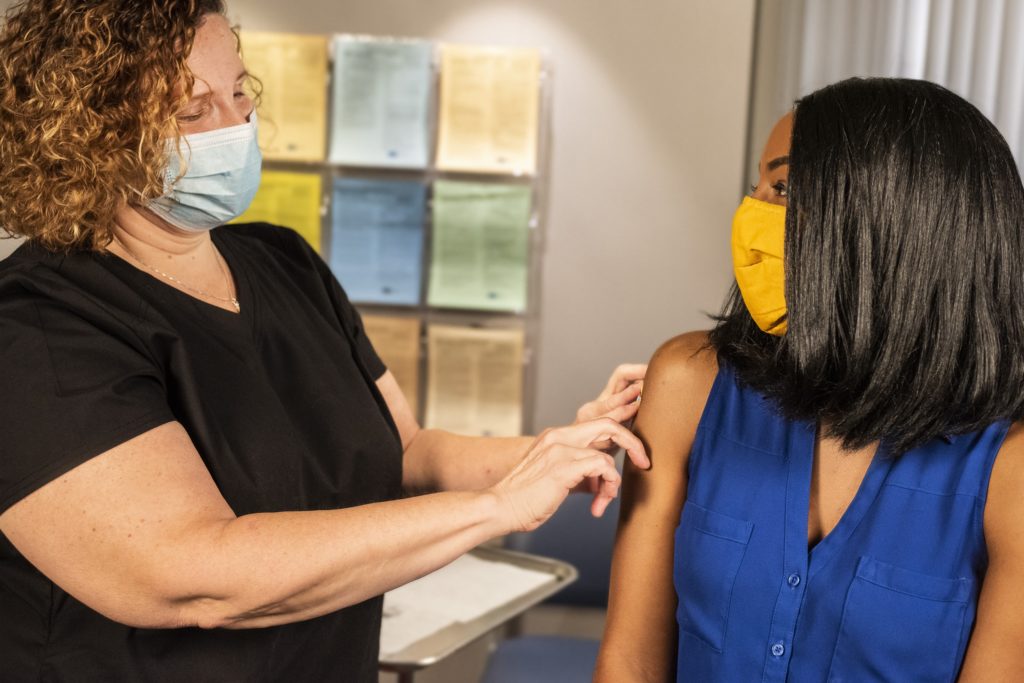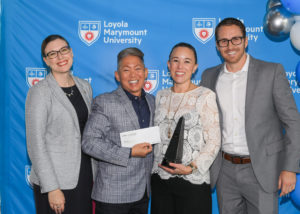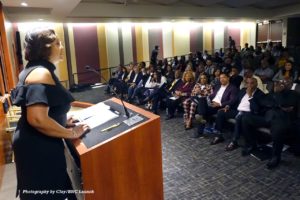MISSION AND MINISTRY | Each fall, the six Western U.S. Jesuit universities sponsor a conference, Western Conversations in Jesuit Higher Education that brings faculty delegations together for in-depth reflection and discussion on topics related to the Jesuit mission across contexts and in response to current social issues and cultural change.
The University of San Francisco hosted this year’s conference and facilitated the conversations around the theme “Partnering with Social Ministries of Jesuits West.” Presentations and discussions highlighted the priorities and social ministries of the Jesuits West Province and explored ways the six Western Jesuit schools – Gonzaga University, Loyola Marymount University, Santa Clara University, Seattle University, Regis University, and the University of San Francisco – can collaborate with the social apostolates in the region. Featuring faculty engaged in social research along with leaders in Jesuit social ministries, the conference provided an opportunity to strengthen existing collaboration and forge new partnerships.
To that end, there were presentations about PICO/Faith in Action and its work both in the Bay Area and in Southern California (https://faithinaction.org/) and about the KINO Border initiative (https://www.kinoborderinitiative.org/). The LMU delegates were: Anna Muraco, associate professor of sociology; Susie McDaniel, senior lecturer of communication studies; Allison Soeller, assistant professor of communication studies; Jason D’Mello, assistant professor of management; Cathy McGrath, associate professor of management; Stefan Bradley, associate professor of African American studies; and John Sebastian, vice president of mission and ministry.
Muraco offers some personal highlights from her experience at this year’s conference:
First, the KINO Border Initiative sounds like it is doing excellent work and made me wish that our AJCU institutions could collaborate more on existing projects with sister institutions, rather than trying to create new projects on our own. All of our institutions are committed to accompanying marginalized communities, but also seem to want a sense of ownership over specific projects that reside within a couple individuals or offices on our campuses. If we were willing to work more collaboratively across institutions, we could have greater impact on the communities we are dedicated to accompanying.
A second theme running throughout the conference for me was the need for us to consider how our commitment to social justice must begin at our home institutions. Being at USF, which has a unionized faculty and staff at all levels except administration, really brought home to me the importance of thinking about how our Jesuit and Ignatian missions need to start with just labor practices and consideration of how we include all people in our definitions of community. Many of the introductory comments by those affiliated with USF included thanks to the displaced Native American community whose land we sat on, gender-inclusive terms that recognized non-binary individuals, and thanks to those who provided our meals and cleaned the sites.
A final observation is how useful it can be for faculty across the university and across similar institutions to spend time away together to discuss our common goals and frustrations. Western Conversations provided an opportunity to meet faculty on campus who I wouldn’t have known otherwise and to deepen relationships with those who were acquaintances. Additionally, through group discussions, we found that people at other AJCU campuses in the region have similar institutional challenges and frustrations. The experience was worthwhile both in terms of getting to know people on our own campus and in expanding networks across AJCU.




